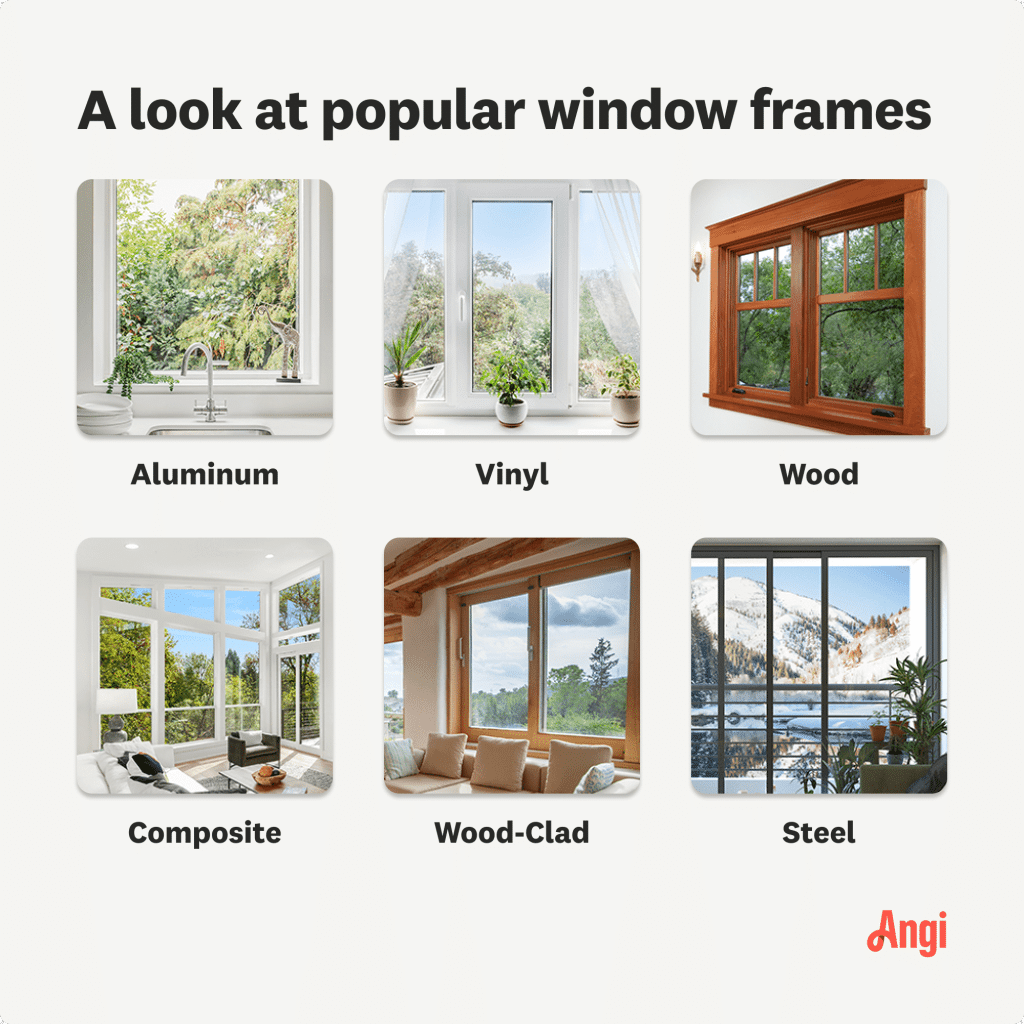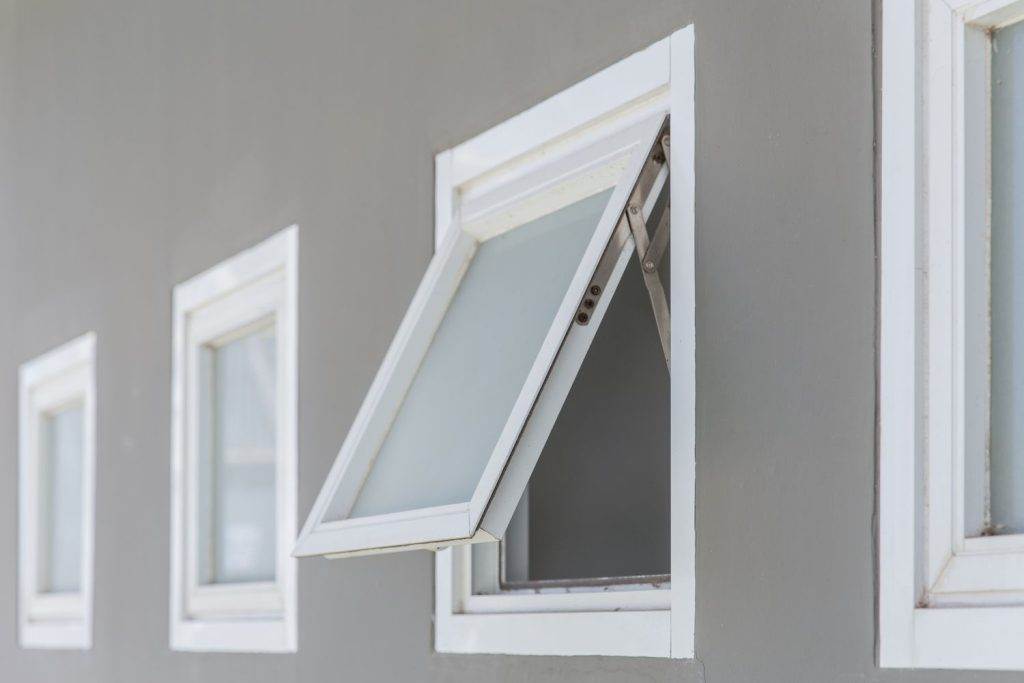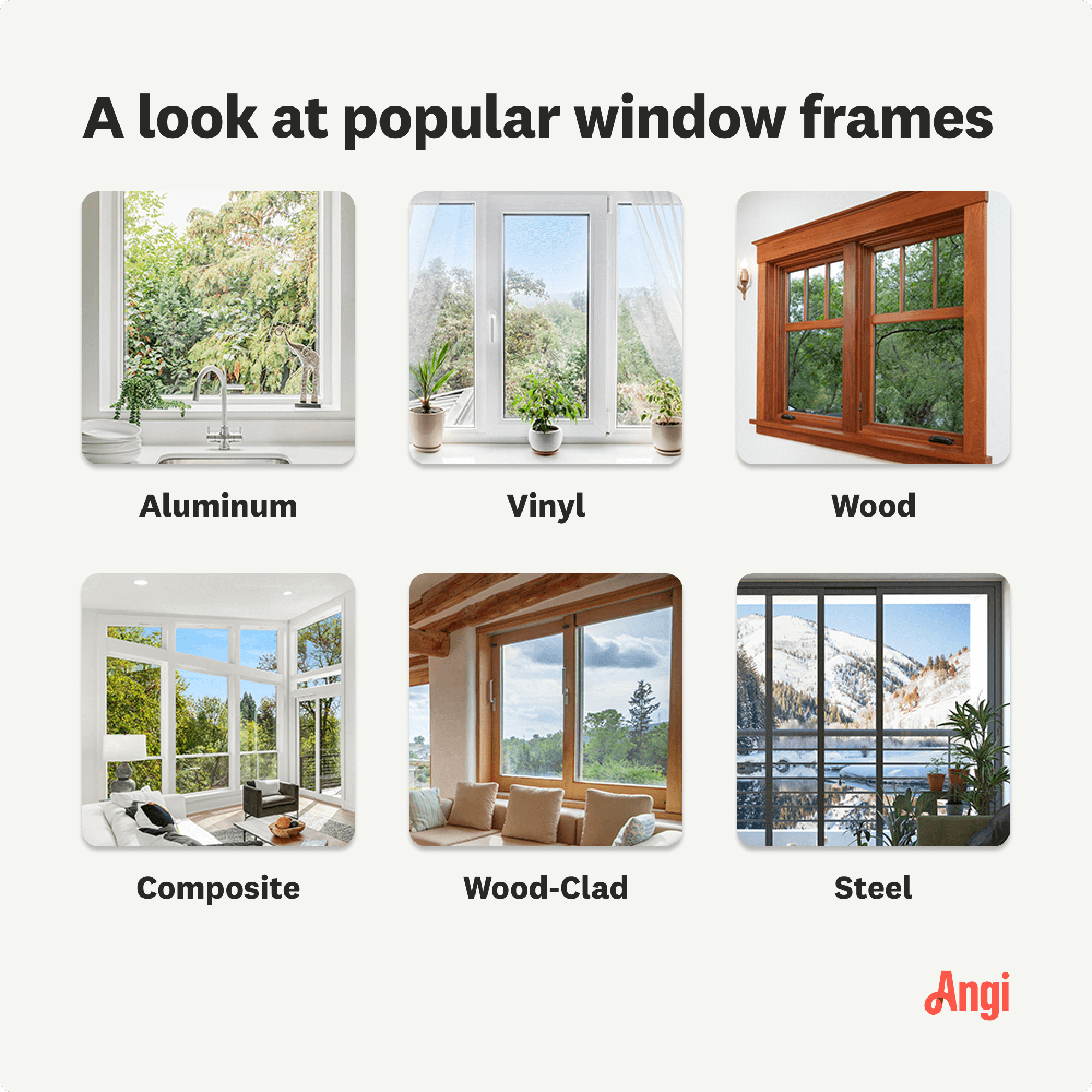When it comes to choosing the perfect window, strength is a crucial factor. We all want a window that can withstand the test of time, harsh weather conditions, and potential intruders. But what is the strongest type of window out there? From reinforced glass to impact-resistant coatings, manufacturers have developed various technologies to enhance window strength. In this article, we will explore the different options available and reveal the ultimate contender for the strongest type of window. So if you’re looking for a window that offers both security and durability, keep reading to find out which option reigns supreme.

This image is property of www.thespruce.com.
Different Types of Window Materials
When it comes to choosing windows for your home, there are several different materials to consider. Each material has its own unique features and advantages, and understanding the strengths of each can help you make an informed decision.
Vinyl Windows
Vinyl windows have become increasingly popular in recent years due to their affordability and low maintenance requirements. These windows are made from a plastic material called polyvinyl chloride (PVC), which is known for its durability and resistance to the elements. Vinyl windows are not only strong and long-lasting, but they also offer excellent energy efficiency, helping to keep your home comfortable while reducing your energy bills.
Fiberglass Windows
Fiberglass windows are another strong and durable option. These windows are made from a composite material that consists of glass fibers embedded in a resin matrix. Fiberglass is known for its strength and stability, making it resistant to warping, cracking, and rotting. Additionally, fiberglass windows are highly energy-efficient and can provide excellent insulation for your home, helping to keep it warm in the winter and cool in the summer.
Aluminum Windows
Aluminum windows are known for their sleek and modern appearance, but they also offer impressive strength and durability. Aluminum is a lightweight but robust material that can withstand harsh weather conditions without corroding or deteriorating. While aluminum is not as energy-efficient as other materials, advancements in technology have allowed for the integration of thermal breaks and insulated frames, improving their thermal performance.
Wood Windows
Wood windows have a timeless appeal and offer a natural warmth and beauty to any home. While wood is not as resistant to the elements as other materials, it can still provide excellent strength and durability when properly maintained. Wood windows are often constructed with solid wood frames and sashes, providing structural integrity and longevity. With proper sealing and regular maintenance, wood windows can last for decades.
Composite Windows
Composite windows are a relatively new innovation in the window industry. These windows are constructed using a combination of materials, such as wood fibers and recycled plastics. The result is a strong and durable window that offers the aesthetic appeal of wood without the maintenance requirements. Composite windows are highly resistant to rotting, warping, and fading, making them a popular choice for homeowners looking for a low-maintenance option.

This image is property of media.angi.com.
Strength Factors in Windows
When assessing the strength of windows, there are several factors to consider. Understanding these factors can help you determine which type of window will best suit your needs.
Impact Resistance
One crucial strength factor in windows is their ability to withstand impacts. This is particularly important in regions prone to severe weather conditions, such as hurricanes or strong winds. There are several ways in which windows can enhance their impact resistance:
Laminated Glass
Laminated glass consists of multiple layers of glass and an interlayer of clear plastic. This construction makes the glass significantly stronger and more resistant to shattering upon impact. Even if the glass does break, the interlayer helps hold the broken pieces together, reducing the risk of injury.
Tempered Glass
Tempered glass is another option for improving impact resistance. This type of glass is created through a heating and rapid cooling process, which strengthens the glass significantly. Tempered glass is known for its ability to break into small, granular pieces rather than sharp shards, reducing the risk of injury in the event of breakage.
Multi-Layered Glass
Some windows use multiple layers of glass, with a layer of air or gas in between. This multi-layered design adds strength and enhances impact resistance. Additionally, the air or gas layer provides extra insulation, improving the window’s overall energy efficiency.
Structural Strength
The structural strength of a window refers to its ability to support its weight and withstand external forces, such as wind or pressure. Here are some factors that contribute to the structural strength of windows:
Reinforced Frames
Windows with reinforced frames, typically made of materials such as fiberglass or aluminum, offer superior strength. These frames are designed to provide added stability and support, ensuring the window remains secure and intact even under significant stress.
Thick Sashes
Sashes are the movable parts of the window, usually holding the glass panes. Thick sashes made from materials like vinyl or fiberglass enhance the structural strength of the window. Thicker sashes are less prone to warping or bending, ensuring the window operates smoothly and maintains its integrity.
High-Quality Hardware
The hardware used in windows, such as locks, hinges, and operators, also plays a role in their structural strength. High-quality hardware that is properly installed ensures the window remains secure and functional for an extended period. Reinforced hardware, such as stainless steel or heavy-duty aluminum, can enhance the window’s overall strength.
Resistance to Natural Elements
Windows are constantly exposed to various natural elements, including sunlight, rain, wind, and temperature fluctuations. Here’s how different window materials fare in terms of their resistance to these elements:
Vinyl Windows
Vinyl windows are highly resistant to moisture, making them an excellent choice for regions with high humidity or excessive rainfall. Vinyl does not rot, warp, or swell when exposed to water, ensuring the window maintains its integrity over time.
Fiberglass Windows
Similar to vinyl windows, fiberglass windows are also highly resistant to moisture and do not rot or warp. Fiberglass is also impervious to insects and pests, making it a durable choice for areas with these challenges.
Aluminum Windows
Aluminum windows are naturally resistant to moisture, as aluminum does not absorb water. However, without proper insulation or thermal breaks, aluminum is susceptible to heat transfer, resulting in potential condensation issues. Advances in technology have addressed this concern, allowing for improved thermal performance and resistance to condensation.
Wood Windows
While wood windows provide a classic and natural aesthetic, they are more prone to damage from moisture than other materials. Proper sealing, painting, and regular maintenance are essential for ensuring wood windows remain resistant to moisture, preventing issues such as rotting or warping.
Composite Windows
Composite windows offer excellent resistance to moisture, rot, and warping, thanks to their combination of materials. The plastic and wood fiber blend used in composite windows provides the strength and durability of wood with the low maintenance requirements of vinyl.
Sound Insulation
Windows can also play a significant role in reducing outside noise and ensuring a peaceful and quiet living environment. Certain window materials offer better sound insulation than others. While all windows provide some level of noise reduction, here are the materials known for their superior sound insulation properties:
Vinyl Windows
Vinyl windows, with their multi-chambered design and tight seals, significantly reduce outside noise levels. The insulation properties of vinyl help to create a more peaceful indoor environment by minimizing the penetration of sound waves.
Fiberglass Windows
Fiberglass windows also offer excellent sound insulation due to their inherent rigidity and tight seals. The composite material used in their construction helps to dampen noise and create a quieter living space.
Wood Windows
Wood windows, with their solid construction and natural density, provide good sound insulation. The thickness and density of the wood help to limit sound waves from passing through, resulting in a quieter interior space.
Thermal Performance
The thermal performance of windows refers to their ability to prevent heat transfer between the inside and outside of a home. Windows with high thermal performance can help maintain a comfortable indoor temperature, reduce the need for excessive heating or cooling, and lower energy costs. Several features contribute to a window’s thermal performance:
Low-E Coatings
Low-E coatings are thin, transparent layers applied to the glass surface of windows. These coatings help to reflect heat and block harmful ultraviolet (UV) rays while allowing visible light to pass through. By reducing heat transfer, low-E coatings improve the energy efficiency of windows, keeping your home cooler in the summer and warmer in the winter.
Double or Triple Pane Glass
Double or triple pane glass windows consist of multiple layers of glass with a space in between filled with air or gas. This design provides additional insulation and reduces heat transfer. The more layers of glass and the wider the gap, the better the thermal performance of the window.
Insulated Frames
Frames that include insulation, such as vinyl, fiberglass, or composite materials, contribute to the overall thermal performance of windows. Insulated frames prevent heat loss and eliminate condensation, improving both energy efficiency and comfort inside the home.
In conclusion, the strongest type of window depends on various factors, including the material, impact resistance, structural strength, resistance to natural elements, sound insulation, and thermal performance. Each window material offers its own unique strengths and advantages, allowing homeowners to make an informed decision based on their specific needs and preferences. Whether it’s vinyl, fiberglass, aluminum, wood, or composite windows, understanding their composition, durability, maintenance requirements, and energy efficiency can help ensure you choose the best windows for your home.

This image is property of www.thespruce.com.
